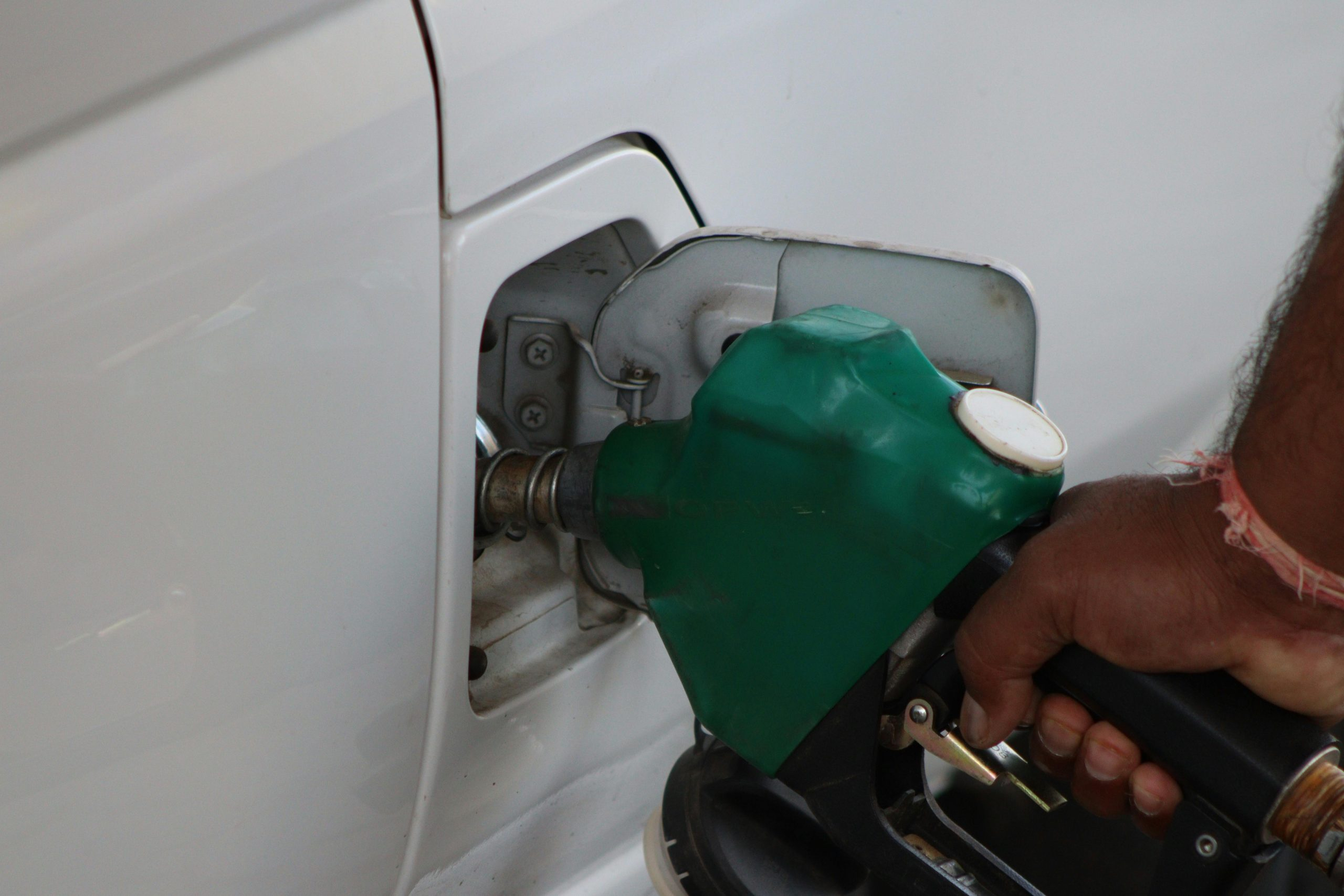Comparing Maintenance Costs: Gasoline vs Electric Vehicles
When it comes to choosing between a gasoline or electric vehicle, there are a variety of factors that drivers may consider. One of the most important considerations is the cost of maintenance. Both types of vehicles have their own unique maintenance needs and expenses, which can play a significant role in the overall cost of ownership. In this article, we will compare the maintenance costs of gasoline and electric vehicles to help drivers make an informed decision.
Gasoline Vehicles
Gasoline vehicles have been the go-to option for drivers for many years, and for good reason. They offer a reliable and efficient mode of transportation. However, with this reliability also comes a cost for maintenance. Here are some of the main maintenance costs associated with gasoline vehicles:
Oil Changes
One of the most common and necessary maintenance tasks for gasoline vehicles is regular oil changes. This is because gasoline engines require oil to function properly, and over time the oil becomes contaminated and less effective. On average, drivers can expect to pay anywhere from $20 to $70 for an oil change, depending on the type of oil and the make and model of the vehicle.
Spark Plugs
Spark plugs are another important component for gasoline vehicles, as they help ignite the fuel that powers the engine. Over time, spark plugs can become worn and need to be replaced. The cost of replacing spark plugs varies, but on average drivers can expect to pay around $100 for a set of four spark plugs.
Transmission Fluid
Transmission fluid is essential for keeping the gears of a gasoline vehicle’s transmission running smoothly. Drivers should have their transmission fluid checked and replaced as needed, which typically costs around $100 to $200.
Other Maintenance Tasks
In addition to the above, there are various other maintenance tasks that gasoline vehicles may require, such as air filter replacements, tire rotations, and battery replacements. These costs can add up over time and should be taken into account when considering the overall maintenance expenses of a gasoline vehicle.
Electric Vehicles
Electric vehicles have been growing in popularity in recent years, thanks to their eco-friendliness and lower long-term operating costs. However, one concern that many drivers have is the cost of maintaining an electric vehicle. Here are some of the main maintenance costs associated with electric vehicles:
Battery Replacement
Just like gasoline vehicles, electric vehicles require regular maintenance to keep their batteries functioning properly. Over time, the battery will degrade and need to be replaced. This typically happens after several years and can cost anywhere from $3,000 to $6,000, depending on the make and model of the vehicle.
Brake Pads
One of the benefits of electric vehicles is that they use regenerative braking, which helps extend the life of brake pads. However, brake pads will still need to be replaced eventually, which can cost around $150 to $300.
Tire Replacement
Tires are another common maintenance expense for electric vehicles. While the cost of replacing tires is comparable to that of gasoline vehicles, electric vehicles tend to have lower tire wear due to their lighter weight and regenerative braking system.
Other Maintenance Tasks
In addition to the above, electric vehicles may require other maintenance tasks such as windshield wiper replacements and cabin air filter replacements. However, most of these tasks are similar in cost to those for gasoline vehicles.
Which is More Cost-Effective?
So, which type of vehicle is more cost-effective when it comes to maintenance? The answer is not so straightforward. Gasoline vehicles tend to have lower upfront costs for maintenance, but these costs can increase over time, especially for older vehicles. Electric vehicles, on the other hand, may have higher upfront costs for battery replacement but generally have lower ongoing maintenance costs.
Ultimately, the cost of maintenance for both types of vehicles will depend on various factors such as the make and model, driving habits, and the age of the vehicle. It’s important for drivers to do their research and consider their own personal needs and preferences when deciding between a gasoline or electric vehicle.
Conclusion
In conclusion, both gasoline and electric vehicles have their own unique maintenance costs and expenses. While gasoline vehicles may have lower upfront maintenance costs, electric vehicles generally have lower ongoing expenses. Drivers should carefully consider their own priorities and budget when choosing between these two types of vehicles. Regardless of which option is chosen, regular maintenance is essential for keeping a vehicle running smoothly and efficiently for years to come.










